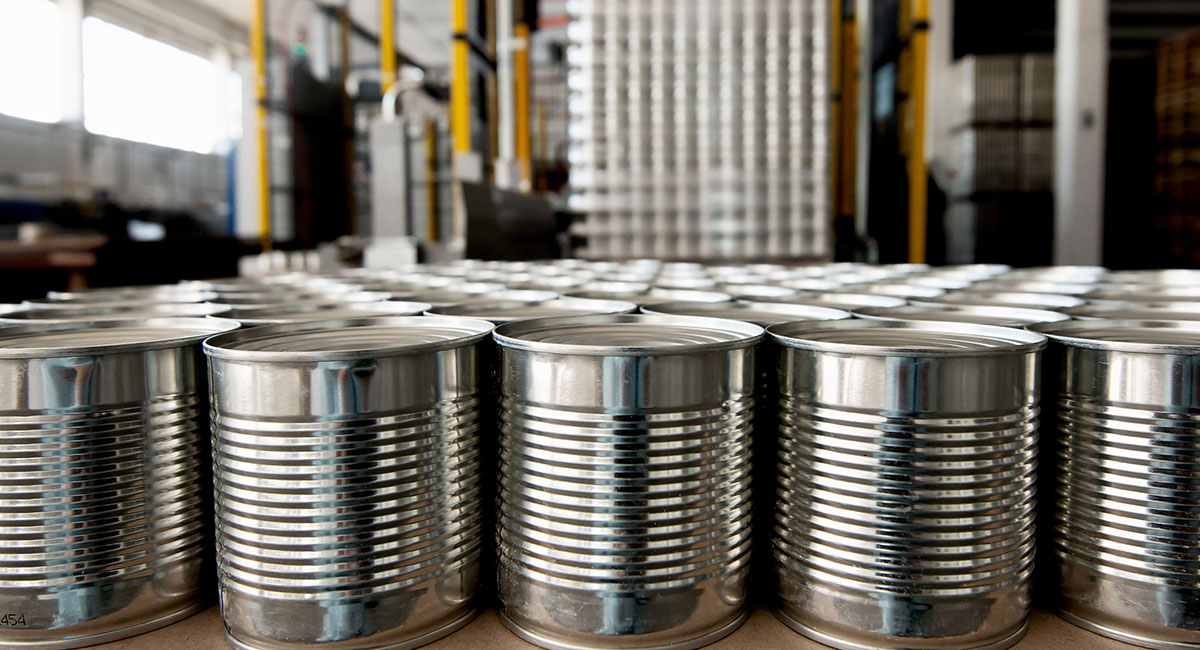“What about the poor?” people ask when confronted with skepticism about government endeavors, particularly welfare. Instead of trying to transfer income, perhaps we should look toward the very things governments are doing that actively hurt the poor. Here are several examples from just one issue of the Wall Street Journal:
- Can Tariffs. Crafty foreign producers in Germany, Canada, and China, we have been told, have been selling metal cans to American food manufacturers at unfairly low prices. Laying aside for a second the fact that “cost” is a much tricker concept than it first seems, tariffs raise prices and waste resources, and the consumers’ losses exceed the producers’ gains. Higher can prices mean higher food prices, which means the burden will disproportionately fall on the poor, who spend bigger chunks of their budget on food, and who, I suspect, are more likely to have more canned goods in the mix. The people have no canned vegetables? That’s OK. Let them eat free-range, grass-fed, locally-grown organic spinach, I guess.
Can tariffs illustrate how “The Government” isn’t a monolithic entity with a single coherent set of goals. If they are going to do all the good things they want to do, elected officials have to get elected and stay elected, which means putting together coalitions of special interests that will keep them in office. This gives us policies like can tariffs, cherry tariffs, and milk price supports that make life more expensive for people counting change in line at the grocery store to see if they have enough to get that extra can of cherries or gallon of milk. The need to court votes also means we give people “food stamps” so they can afford the higher prices. We waste resources redistributing income so that people of more modest means can waste resources paying too much for canned cherries and milk. It would be madness if we didn’t look at the incentives.
- The Teen Achievement Arms Race. The Journal contained an interesting review of a book called Never Enough that chronicles the void we have created in students who are pushed to achieve, achieve, achieve because otherwise they will never get into an Ivy League college. Bryan Caplan’s book The Case Against Education convinced me that the lion’s share of the financial return to schooling comes from signaling the kind of person you are—a high-ability high-achiever—rather than skill-building. The policy upshot is that a lot of the money we’re spending to subsidize schooling is being wasted in a zero-sum arms race rather than leading to valuable new skills. There is (kind of) a bright side, however: John Nye argues that economic growth works as an implicit tax on wealth and status. As more and more people can afford to send their kids to good colleges or pay for the sports, lessons, extracurriculars, and so on needed to get them there, competition intensifies and people have to work harder and harder at minimal benefit to themselves but, perhaps, at benefit to the world around them in order to be competitive for a slot in an elite school. It used to be that you could just excel at academics, athletics, or music and get into a very good school. Now, you have to excel at academics, athletics, andmusic to get in. You pay the costs. The rest of us benefit. To the extent that it is being driven by a highly-subsidized education-industrial complex that demands everyone go to college, we’re wasting many billions of dollars and (literally) driving our children crazy.
- Obstructing Child Care. The Journal reports that “child-care prices are rising at nearly twice the overall inflation rate.” That’s not too surprising given the child care industry’s regulatory burden. About a decade ago, I did a bit of digging into the regulations on childcare centers in Tennessee and was surprised at just how many ways there are to run afoul of the law (make sure what you’re serving fits the regulators’ definition of a “snack” or beware). Once again, who loses? People of modest means for whom paying ultra-high prices for the Cadillac childcare regulators require is a lot harder than it is for the more fortunate. Consider the incoherence again. One visible hand of the state balls up into a fist, regulates childcare heavily, and makes it “unaffordable.” Because it is unaffordable, the other visible hand of the state picks your pocket to pay for child care subsidies.
To paraphrase Thomas Sowell, today’s political problems are often yesterday’s political “solutions.” These are just three examples in one day where we can see how policies enacted to fix one problem lead to still other problems, which will then require other policies to fix, and so on, until we’re crushed by a giant snowball of well-intended “solutions” and their unintended consequences. Instead of asking them to fix the world, would it be too much to ask politicians to stop wrecking in the first place?









